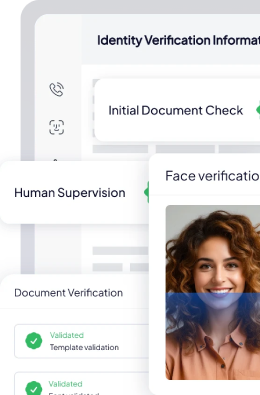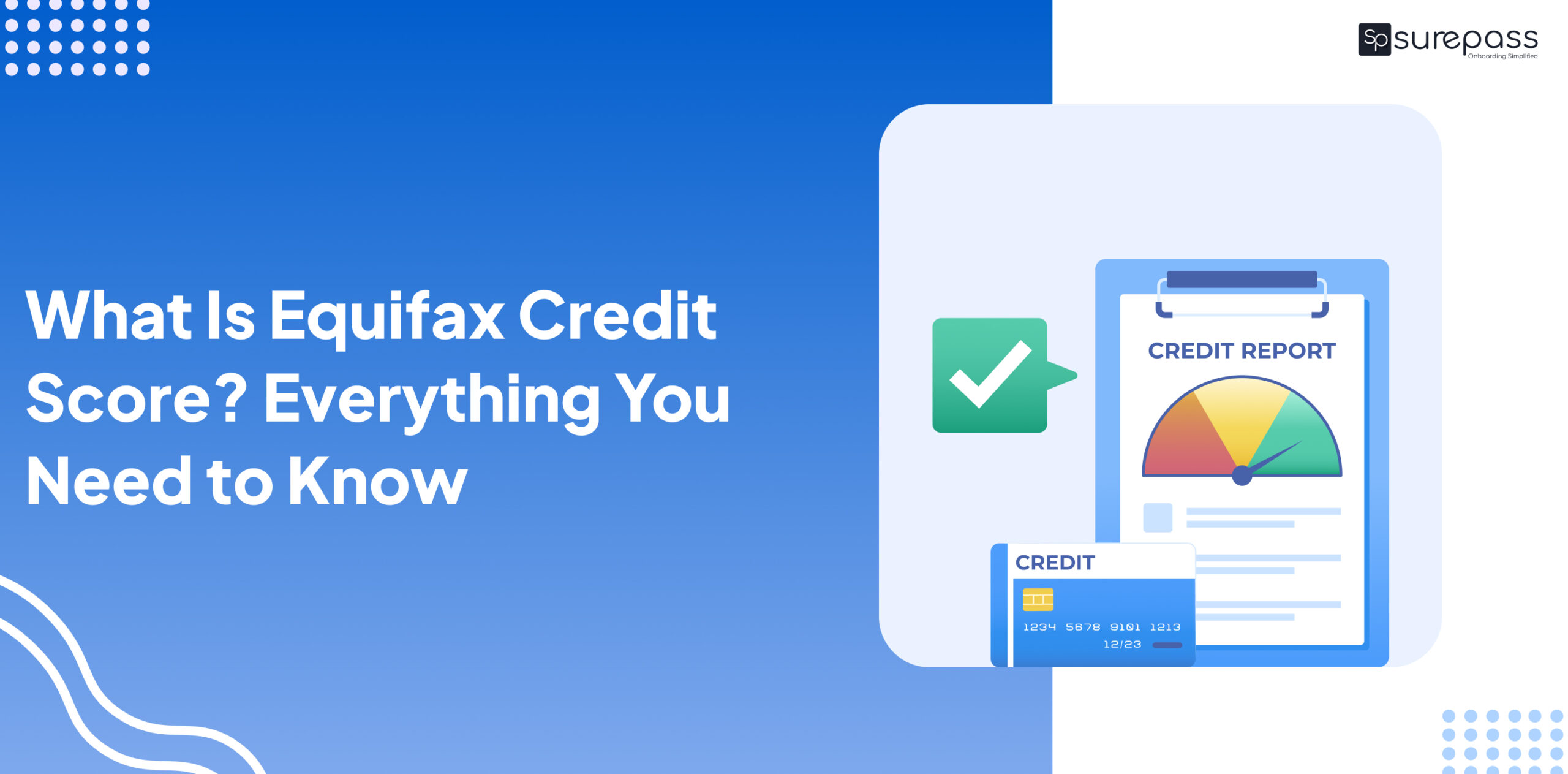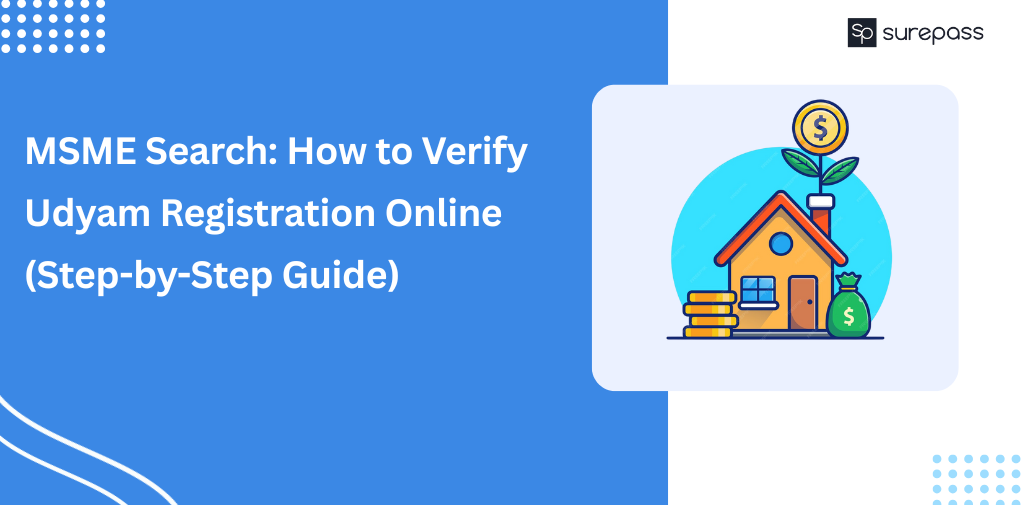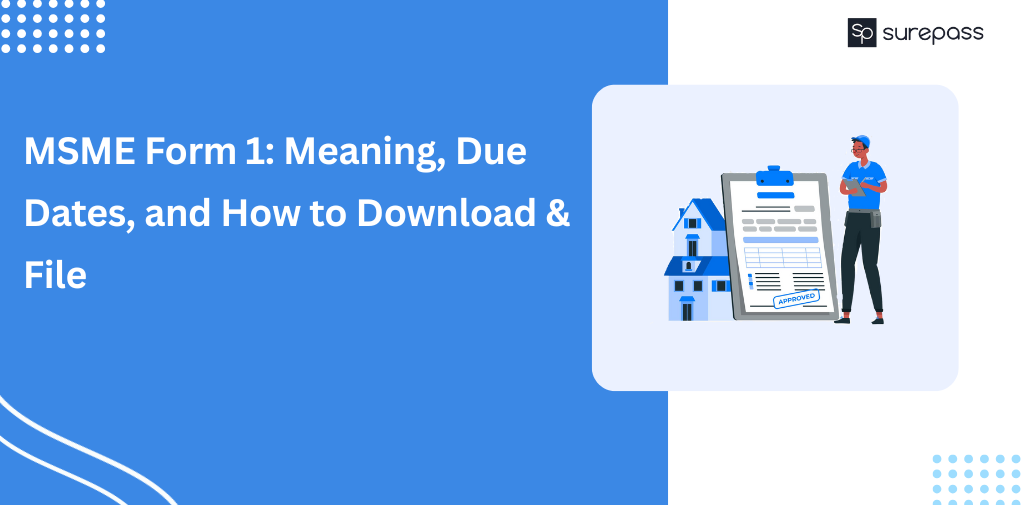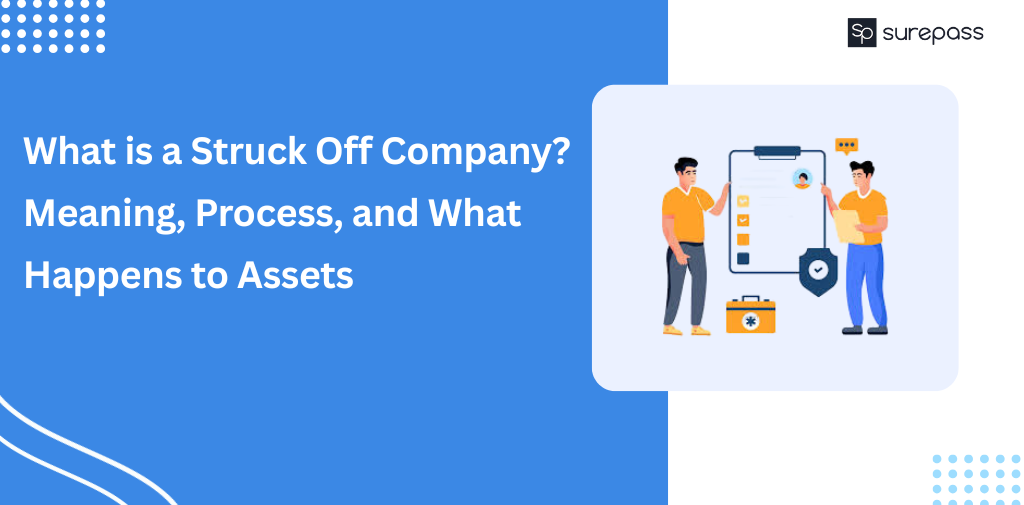Introduction
Equifax is a worldwide corporation with a focus on consumer credit reporting. Equifax Credit Information Services Private Limited (ECIS) and Equifax Analytics Private Limited are additional names for this credit reporting organization in India. It is really one of the four credit reporting agencies in the nation.
The Equifax credit score was created by Equifax as a research-based credit score. Consumers can utilize Equifax credit scores to determine their overall credit standing for personal purposes. Lenders and creditors do not evaluate a customer’s creditworthiness using Equifax credit ratings. The Equifax credit score is a model for calculating credit scores that Equifax created to determine a person’s creditworthiness based on their credit history.
Steps to Calculate your Equifax Score
To calculate your Equifax score, on the Equifax website, you may quickly and simply obtain your free credit report and score. In truth, everyone is entitled to one free credit report annually, under Reserve Bank of India regulations. Therefore, if you received this one free report and your inquiry falls within the same year, you will have to pay for the following one. Check out the steps you must take to obtain your Equifax credit report and score online, whether you want to pay for it or not.
Step 1: Go to the official Equifax website, get the Credit Report Request form there, and fill it out with the necessary information.
Step 2: Self-attest the necessary paperwork, including your voter’s ID, driver’s license, passport, or PAN card, as well as your address documentation (such as a utility bill, bank statement, driver’s license, ration card, or rental agreement).
Step 3: Agree to Terms and Conditions”-Read and accept the terms and conditions for accessing your credit score and report. This may include providing consent for Equifax to access your credit information.
Step 4: Verify Your Identity- Equifax may ask you to verify your identity through a one-time password (OTP) sent to your registered mobile number or email address. Enter the OTP to proceed.
Step 5: Once your identity is verified, you should be able to view your Equifax credit score and credit report on the website. Review the report carefully for any inaccuracies or discrepancies.
Step 6: Download or Save Your Report. It’s advisable to save a copy of your Equifax credit report for your records. You may be able to download or print the report directly from the Equifax website.
Also, Surepass offers the same thing you can directly check Equifax score directly from Equifax credit report API at one click you just have to enter a few details as input and in return, you can fetch Equifax score and a comprehensive credit report.
Automate your KYC Process & reduce Fraud!
We have helped 200+ companies in reducing their user onboarding TAT by 95%
Factors that influence your Equifax credit score
- Payment history: A record of when you have paid your credit accounts, including loans, mortgages, and credit cards, on time or late.
- Credit utilization: Your credit usage is a percentage of your overall credit limit. Your credit score will normally benefit from lower credit utilization.
- Credit history duration: The number of years your credit accounts have been active. Longer credit histories frequently affect your score favourably.
- Credit account types: The assortment of credit accounts you have, such as credit cards, personal loans with interest, and mortgages.
- New credit queries: Your score may momentarily decline as a result of recent credit applications and inquiries.
- Public records: Unfavorable details like bankruptcies, tax liens, and judgments can have a major influence on your credit score.
Range of Equifax Credit Score
| Equifax Credit Score Range | Category |
| 350 to 579 | Poor |
| 580 to 669 | Fair |
| 670 to 739 | Good |
| 740 to 799 | Very Good |
| 800 to 850 | Excellent |
Benefits of having a high Equifax score
Having a high Equifax credit score impacts on your financial creditworthiness and has several advantages. The following are some of the main benefits of having a high Equifax score:
- Easier Loan Approval: If you have a high Equifax credit score, lenders, including banks and financial institutions, are more likely to accept your loan applications. This can apply to personal loans for things like mortgages, cars, and personal loans.
- Reduced Interest Rates: If you have a high credit score, you can get credit cards and loans with reduced interest rates. Over the course of a loan, this might save a lot of money.
- Greater Credit Limits: If you have a decent Equifax score, credit card providers can be more inclined to grant you greater credit limits, allowing you more financial latitude.
- Quicker loan processing: Faster loan processing times are frequently the outcome of good credit ratings. In comparison to applicants with lower scores, you could receive loan approvals and payments more rapidly.\\
- Offers for credit cards: If you have a strong credit score, banks are more likely to provide you credit card offers and incentives. Better rewards, cashback, and other advantages can be part of these programmes.
Paying payments on time, keeping credit card balances low, avoiding creating too many new credit accounts quickly, and routinely checking your credit report for inaccuracies or discrepancies are all crucial for maintaining and raising your Equifax credit score in India. Although it takes time and work to establish and maintain high credit, the rewards over the long run are substantial.
Importance of having a Good Equifax score in India
- Employment Possibilities: Credit checks may be done as part of the employment process by some businesses, especially for jobs requiring financial responsibility. In such circumstances, a high credit score might improve your career prospects.
- Negotiating Strength: You have more negotiating power in many financial transactions if you have a high Equifax score. On loans, credit cards, and insurance policies, you can bargain for better conditions.
- Lower Insurance Prices: Because people with strong credit scores are seen as lower-risk clients, insurance firms may give them cheaper prices on policies like vehicle and house insurance.
- Access to Financial goods: You have a higher chance of being approved for a larger selection of financial goods and services, such as premium credit cards, investment possibilities, and privileged banking privileges.
Knowing what criteria are taken into account when calculating your credit score and what ones have a negative impact on it allows you to take the necessary steps to raise it if necessary. With a few things in mind we can maintain our Equifax Score. Paying your credit card bills and loan EMIs in a timely manner. Wherever it is feasible, you can set up an auto-debit mandate if you are having problems doing this. By maintaining your credit history by continuing to use your old credit cards even after getting a new one. A longer credit history might also be advantageous.
Do not do needless credit inquiries since it reduces your score and try to keep your Credit Utilisation Ratio Under 30%. Don’t use your credit card to pay for more than Rs. 30,000 worth of products, for instance, if your credit card’s limit is Rs. 1 lakh.
